History
In Shankhill Church of England Primary School, our carefully planned and progressive history curriculum is designed with the target of all children becoming inquisitive historians by making sure they meet the National Curriculum expectations, to:
- Investigate and interpret the past
- Build an overview of world history
- Understand chronology
- Communicate historically
We believe that making local links is vital as we want children to understand how the past has shaped the place in which they live with visits to places, such as: Hadrian’s Wall, Vindolanda, Neolithic stone circle of Long Meg and her daughters, Bewcastle Cross and Bolton Fell Moss peat bog. As well as visiting a range of sites with national historical significance, during our residential trip to London. In the past, these have included: the British museum, the natural history museum, the houses of parliament and the tower of London. During our visit to Bolton Fell Moss, we were part of a project with natural England. The children worked closely with history professors and PHD students from the University of Cumbria to core a section of the peat bog and learnt how the layers of this core showed how the land had changed over time. The children’s work was part of a project, which was shared via an exhibition in the local area and has been turned into a video to be shared further afield about history in our local area.
Throughout their primary school journey, the children will also learn about historical events that occurred both here in the UK and in the wider world. We want to give children a secure knowledge of the chronology of history, as well as enabling them to have deeper learning experiences of some of the more significant turning points in national and global world history.
We aim to equip our children with the skills to think as historians by examining historical artefacts and primary sources and helping to them understand that historical events can be interpreted in different ways. Children are encouraged to ask insightful questions, think critically, consider evidence and investigate answers.
At Shankhill Church of England Primary School, our curriculum teaches the entire EYFS Framework through Development Matters 2021 and we have adopted the CUSP history curriculum from Year 1 to Year 6, which ensures the National Curriculum 2014 is fully covered and is based on current evidence-led practice for pedagogy and learning. Children are taught to develop vocabulary, knowledge and skills in history as they progress through the school. As with every area of our curriculum, vocabulary is a vital and fundamental element, as is the regular revisiting and retrieval of knowledge and skills to make sure they are embedded.
In Early Years
Pupils look at understanding the world around them, focusing on the natural world, past and present and people, culture and community. In class, staff provide children with a range of visits, visitors and experiences. The staff set up historical provocations for the children to explore and develop their learning through play. As well as being read a range of stories, non-fiction, songs and poems to develop their understanding of our culturally, socially, technologically and ecologically diverse world, which also develops their knowledge and vocabulary for future learning.
In Key Stage 1
Teaching ensure young children developing a sense of time, place and change. Children will study changes within living memory. This chronological knowledge is foundational to the understanding of change over time. Also they study the Lives of significant individuals, focusing on David Attenborough, Mary Anning, Neil Armstrong, Mae Jemison and Tim Peake. Pupils study local history looking at Beatrix Potter. As well as looking at events beyond their living memory - the Great Fire of London.
In Key stage 2
Pupils study the cultural and technological advances made by our ancestors as well as understanding how historians think Britain changed throughout the Stone, Bronze and Iron Ages. Then they look at how Britain was settled by Anglo-Saxons and Scots with a focus on cultural change and the influence of Christianity. Pupils study how powerful kings and their beliefs shaped Anglo-Saxon Britain. We also look at the Struggle for throne of England through a study of the Vikings, their origins, conquests and agreements with English. Also we study the Maya civilisation with a focus on the advancement of the Maya culture and innovation. Ancient history, such as the achievements of the earliest civilisations - Ancient Egyptians and the study of Ancient Greek life and achievements are also studied learning about their influence on the western world. We connect these studies with pupils’ prior knowledge of what was happening in Britain at the same time. The effect of this is to deepen and connect a broader understanding of culture, people, places and events through comparison. Recent history, such as the Battle of Britain for example, is studied in the context of how conflict changed society in the Second World War. Modern history is also studied through units such as the Windrush Generation. Knowing about slavery, Caribbean culture and the injustice of the past enlightens pupils to understand why events happened and how these pioneers faced racism, discrimination and prejudice.



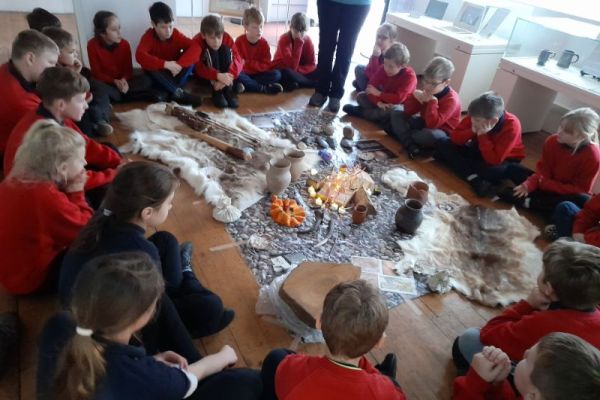
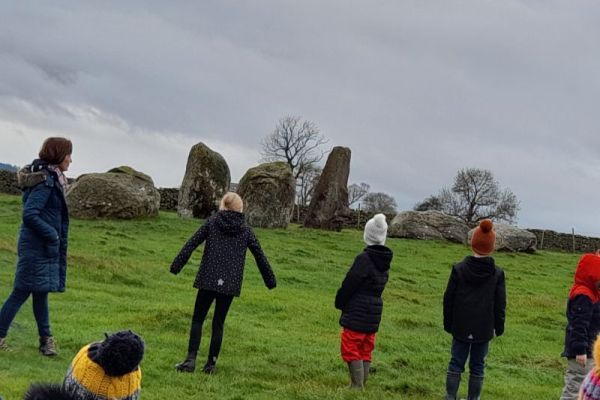
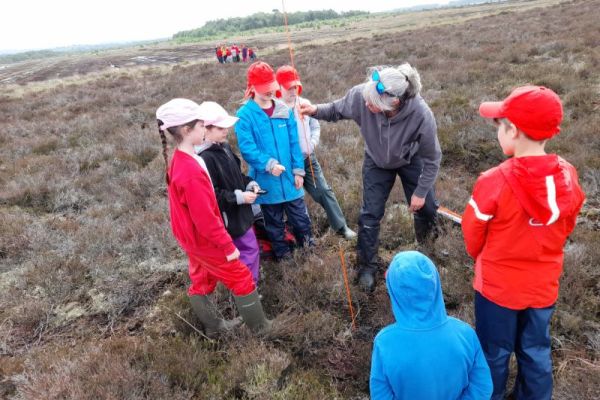
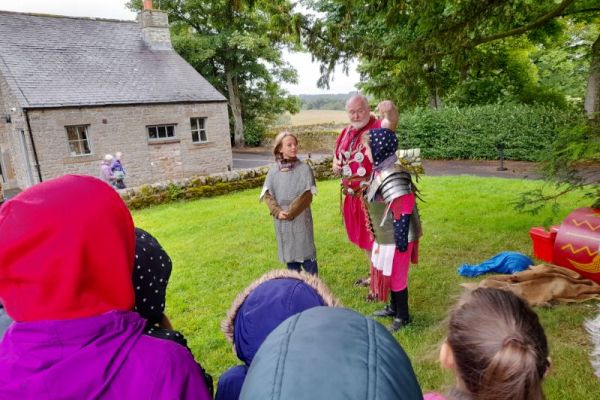
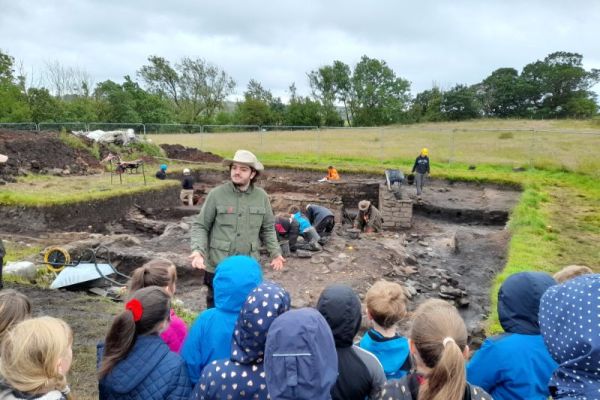
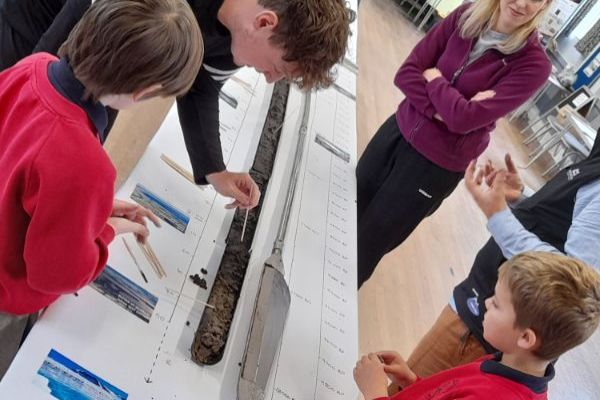
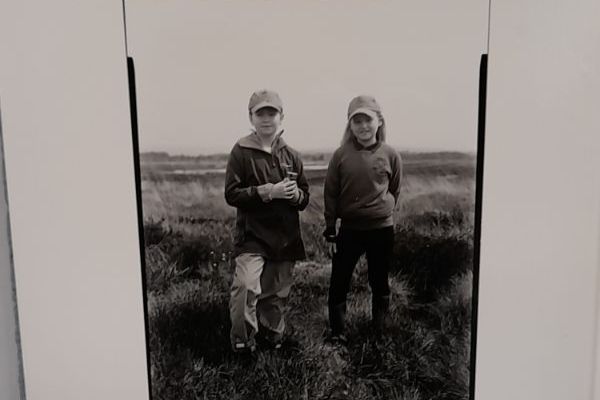
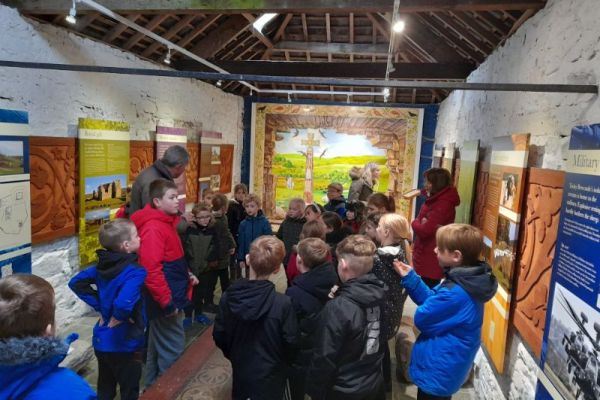
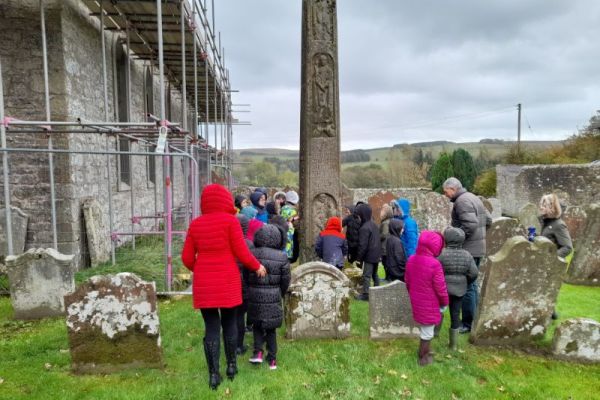
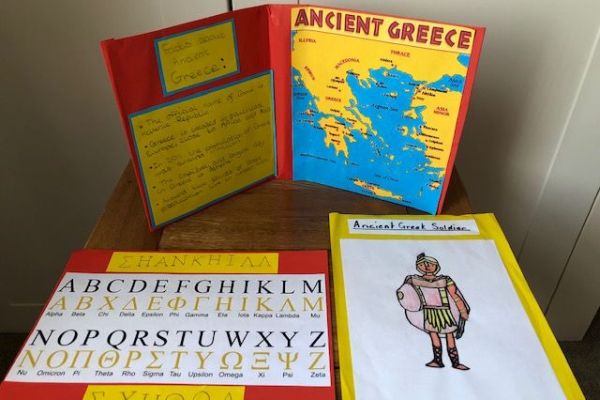
 History In EYFS
History In EYFS